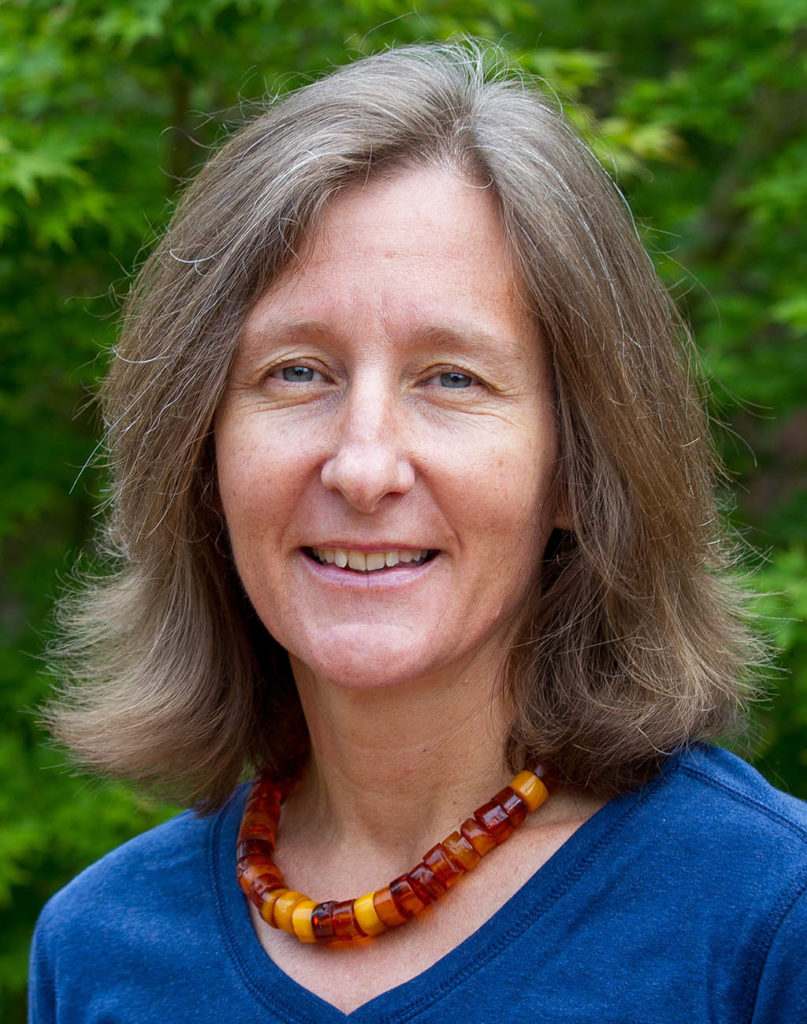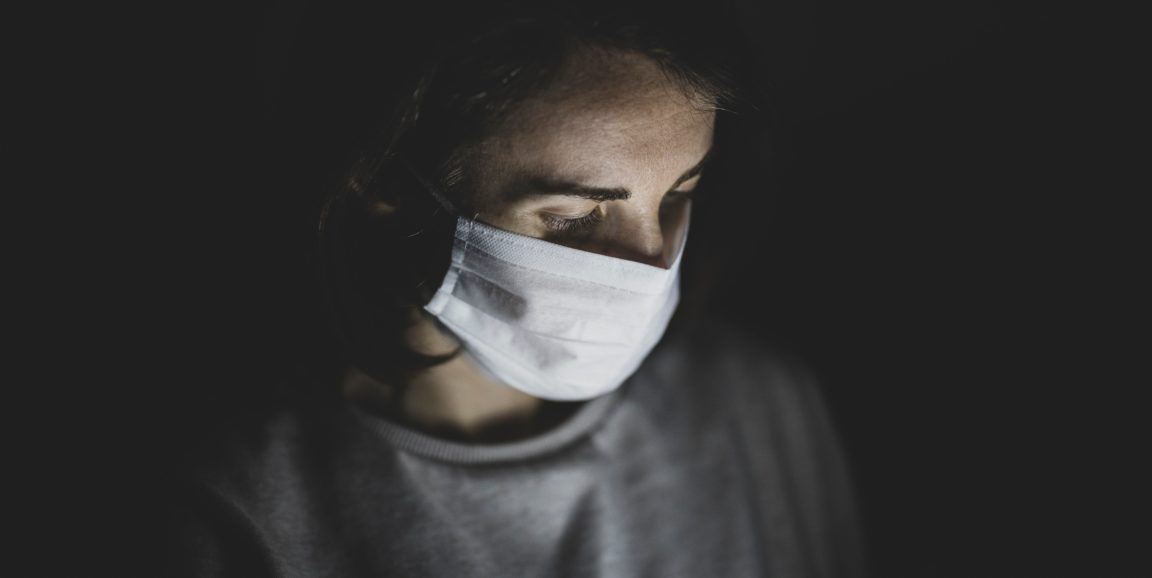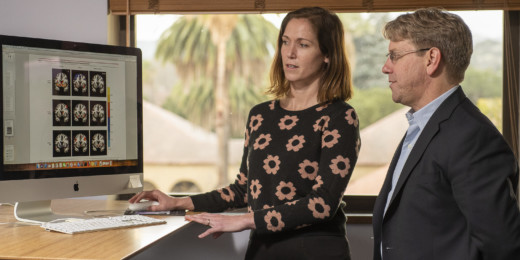In an article last month, Stanford Medicine psychiatrist Anna Lembke, MD, told The New York Times that when the shelter in place began in March, "Many patients described a kind of peacefulness without the constant hubbub of modern life and constant triggers they're exposed to."
Yet, as the COVID-19 pandemic grew to be a constant fixture in our lives, it's been what she called "a mixed bag" for people with addiction and mental health issues that are "exacerbated by health concerns, financial worries, isolation and disruption in our daily rhythms."
I spoke with Lembke for a 1:2:1 podcast about the impact of the pandemic on people with drug and alcohol addiction, including increasingly on baby boomers.
This Q&A is condensed and edited from the podcast.
How is COVID-19 impacting your patients?
I see some patients who are doing better and others who are doing worse.
Among patients who are doing better, they seem to have positively responded to slowing down their lives. They're telling me that the stress of work is suddenly not as intense. They have time to pause and reflect, and have more time for self-care, like exercise and being with family.

I deal with a population of people who struggle with addiction, as well as other mental illnesses, and they're finding fewer triggers for compulsive, addictive behaviors.
What is the flip side?
Among patients who are doing worse, they're reporting overwhelming real-life stressors: uncertainties about health, fear of infection, uncertain job status, financial worries, worries about the future. Many of my patients live alone, and so there has been an intense experience of isolation, which contributes to mental health and substance use problems.
Further, access to addictive substances like alcohol, tobacco and cannabis, has continued unchecked. Very early on, medical marijuana dispensaries were considered essential businesses. They never closed. In addition, the flow of illicit substances, from stimulants to opioids, has remained largely unchanged.
There's been a real rise in addiction among older people. What's driving that?
I'm seeing more baby boomers, people over the age of 65, who are presenting for the first time with addictive disorders. The aging process means that our brains are much less resilient. Just as our hearts can start to get weaker, or our knees can start to give out, our brains aren't as strong as they used to be.
People who were able to control their drinking might find themselves, in their later years, unable to manage consumption. I've had baby boomers who smoked a joint every day for their whole lives and had no problems, then all of the sudden, they are facing significant cannabis-related problems.
Another problem is the potency of many drugs, which has increased in the past four decades. The content of THC -- the mind altering and addictive part of cannabis -- is now much higher than it was three decades ago.
Has seeing patients through video appointments been positive?
It has certainly been much more convenient for all of us, especially for patients. It means they don't have to wait in the waiting room with other people. There is really a much stronger sense of privacy and anonymity.
However, I worry that the quality of the connection is diminished. With patients I knew pre-COVID, it's been easier to maintain that connection online.
But with my new patients I have never met in the flesh, I think we've had a harder time making that alliance.
What's happening with 12-step programs that traditionally meet in person?
They went online very quickly. For people who are regular members and deeply embedded in a tight-knit circle, the online group experience doesn't measure up to face-to-face encounters.
But for patients who are new to AA or NA (Narcotics Anonymous), and who have been reluctant to attend peer recovery meetings like Alcoholics Anonymous due to concerns about anonymity, they are now more willing to give it a try. They can attend a group in Denmark while sitting in the Bay Area and be totally anonymous in Denmark.
If a patient says, "Dr. Lembke, we're in this dark period; Help me be optimistic," how do you respond?
I believe in the importance of a spiritual pathway for mental health, whatever form that may take. I don't think modern medicine has all the answers, not even close. Acknowledging the limits of what we can know, do or control, has a powerfully healing effect -- just recognizing that we are very small and the world is very vast.
Today, I can get up and I can try to be a good person. I can tell the truth. I can try to do the next best thing. I can't do a whole lot more than that, but the cumulative effect of small steps in the right direction, can have a large positive impact in the long run.
Listen to more 1:2:1 podcasts on COVID-19 from Paul Costello at https://soundcloud.com/stanfordmed/sets/covid-19
Top image by Engin Akyurt. Photo of Lembke by Norbert von der Groeben.






